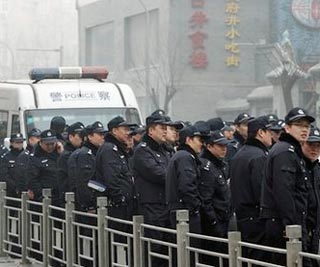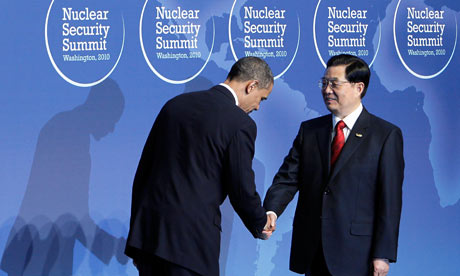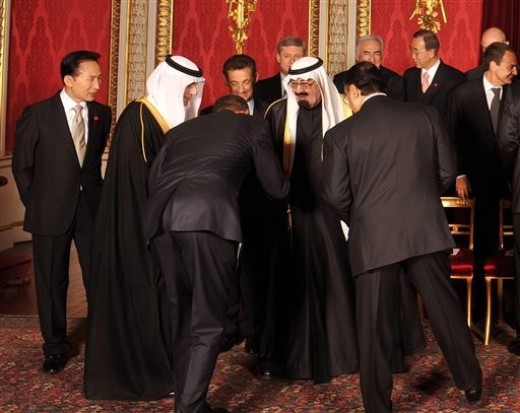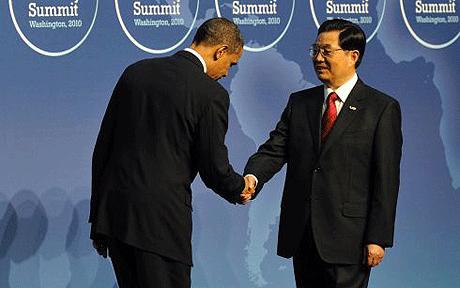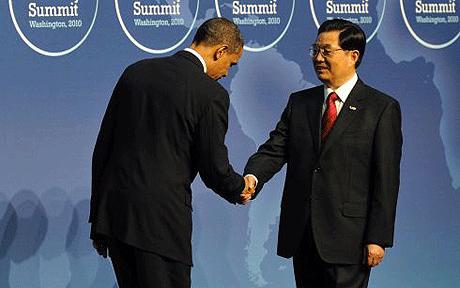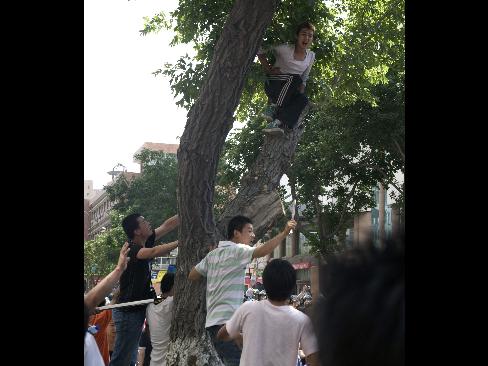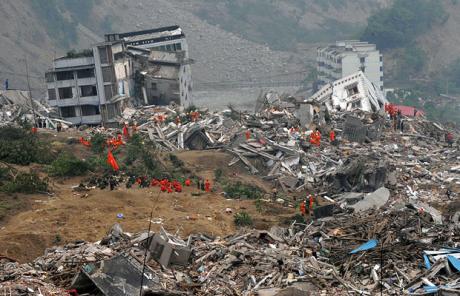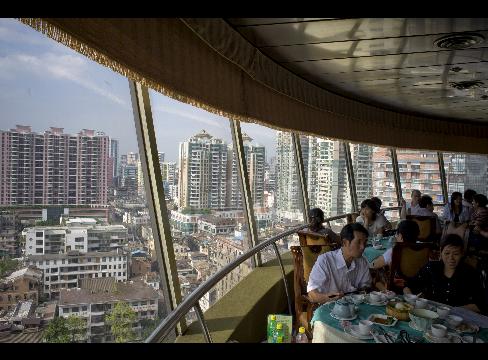The Chinese elitists treat their own people like worthless shit and built their power on the desperation of the poor and on the destruction of the environment.
Sounds familiar, doesn’t it?
Flashback:
– Mao Zedong ‘Killed 45 Million In Four Years’, The Greatest Mass Murderer In World History
China believes its economic success reflects its superior culture.
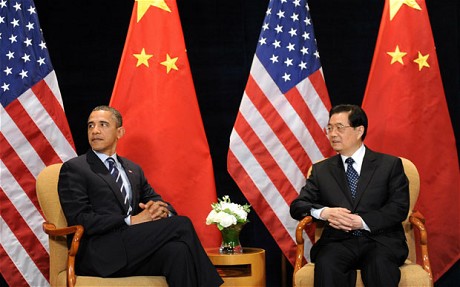
President Barack Obama (left) meets Chinese President Hu Jintao for a bilateral meeting in Seoul ahead of the start of the G20 summit Photo: AFP/GETTY IMAGES
The leaders of the G20 group of rich and developing nations met in Seoul this week for what might reasonably be described as their first post-crisis summit. But it also had the feeling of the first post-Western summit. China, the world’s second richest nation and its rising power, believes that the financial crisis was actually a “North Atlantic crisis”. Now that the worst of it is over, Beijing sees little reason to swallow the medicine for someone else’s sickness. The summit therefore broke up – none too amicably – without really addressing the trade imbalances that were one of the root causes of the crisis, or America’s worry that Beijing is gaining an unfair advantage by artificially keeping its currency weak. Instead, China flexed its muscles and got what it wanted: a watered-down statement that will not force it to change course. If President Obama hoped that the G20 would burnish his image as a world statesman after the disaster of the midterm elections, those hopes were disappointed.
It is inescapable that we are witnessing a historic shift of economic power from West to East. David Cameron has certainly taken this on board, judging by the caution with which he and his Cabinet members treated China during their visit earlier this week. The Prime Minister approached the subject of human rights far more obliquely than he did as leader of the Opposition. Whether this was wise judgment or a failure of nerve is difficult to say. Although China treats dissidents with gross inhumanity, the more it is lectured on the subject, the more intransigent it becomes. In a sense, that is convenient for Mr Cameron: if protesting about repression makes the situation worse, then Britain can concentrate on trade with a fairly clear conscience.
Certainly, China is leaving Seoul with even more of a swagger in its step. Its regional ambitions are unchecked: if anything, they have been further provoked by America’s insistence that the resolution of territorial disputes in the South China Sea is a “national interest”.
Read moreA lesson from China in where power lies
